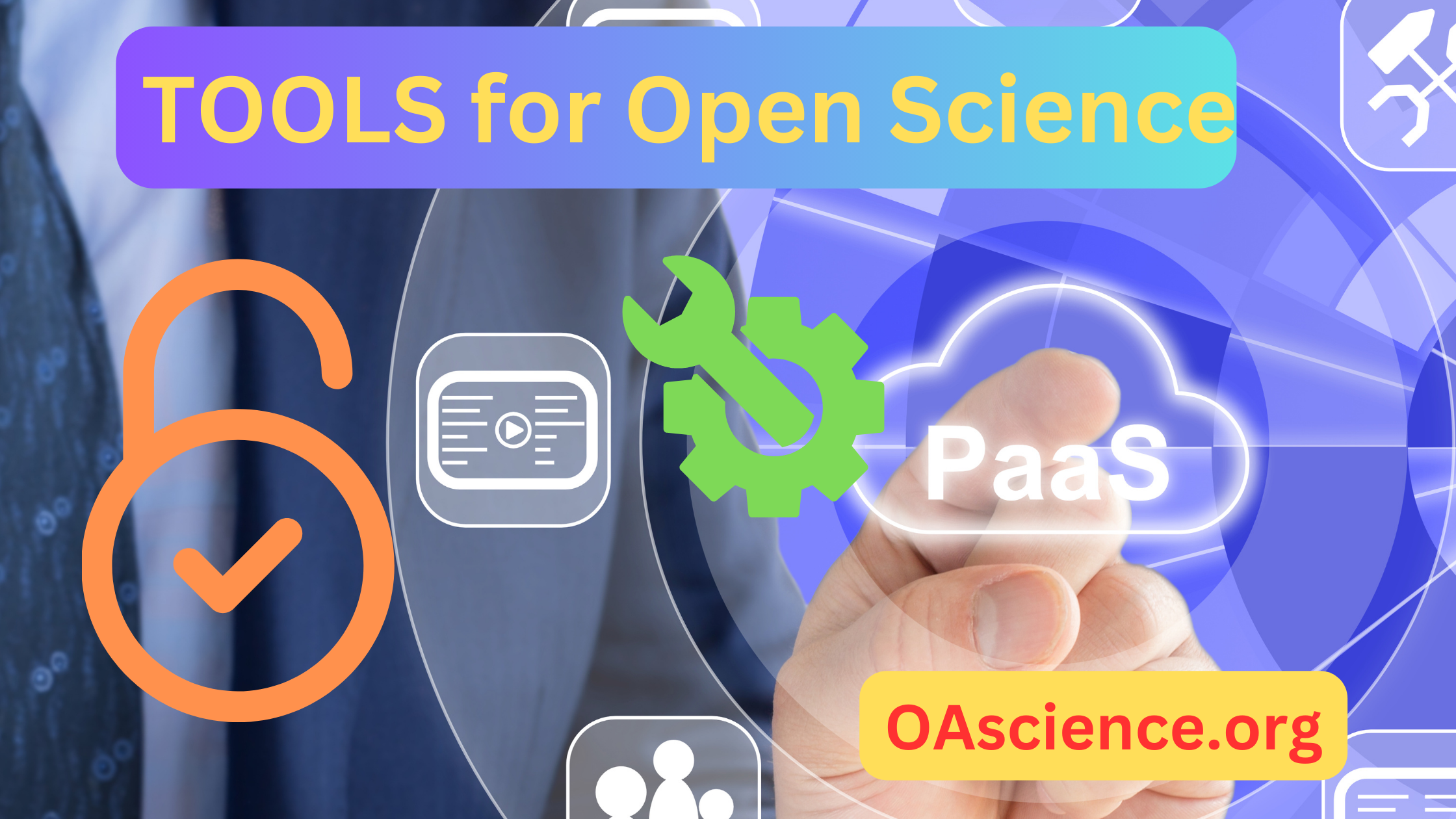Blog Post

Tools and Platforms for Open Science Collaboration
Article posted at: 2024-02-13 02:25:57
Introduction
The scientific community is increasingly embracing open science principles, which emphasize transparency, accessibility, and collaboration. This shift is transforming how research is conducted, shared, and utilized, breaking down traditional barriers and fostering a more inclusive approach to scientific inquiry. As researchers move away from siloed efforts towards more collaborative approaches, the need for effective tools and platforms becomes paramount. These tools facilitate seamless sharing and collaboration, enabling researchers to work together more efficiently and effectively.
The success of the open science movement hinges on the availability and utilization of robust collaboration platforms. These platforms cater to various aspects of the research process, from version control and code collaboration to data sharing and analysis, ensuring that researchers can engage in open science practices without compromising on efficiency or security. By leveraging these tools, researchers can enhance their productivity, foster community engagement, and accelerate scientific progress.
In this article, we explore a diverse ecosystem of platforms tailored to open science workflows. We delve into the key categories of tools available, highlighting their features and benefits, and provide guidance on choosing the right tools to suit specific research needs. By understanding and utilizing these platforms, researchers can become more effective and impactful in the open science landscape.
Version Control and Code Collaboration
GitHub is indispensable for code collaboration, accommodating research software and data with features like notebooks and datasets. GitHub's robust version control system and collaborative features make it a go-to platform for researchers looking to share and develop code collaboratively.
GitLab offers similar functionalities with an emphasis on security and privacy, making it suitable for sensitive data. GitLab's integrated CI/CD pipelines and project management tools enhance collaborative coding and project management, providing a secure environment for open science projects.
Zenodo caters to all research outputs, including code, data, and documents, providing version control and long-term preservation. As a platform developed by CERN, Zenodo integrates with GitHub and other repositories, offering a reliable way to share and preserve scientific outputs.
Collaborative Document Editing and Writing
Overleaf is ideal for collaborative LaTeX writing, catering to scientific publications and technical documents. Overleaf's real-time collaborative editing and extensive LaTeX support make it a preferred choice for researchers working on complex documents.
Google Docs facilitates simpler, real-time document editing, making it perfect for brainstorming and collaborative writing. Its intuitive interface and collaborative features are well-suited for team projects, allowing multiple users to edit documents simultaneously.
Authorea is specifically designed for collaborative scientific writing, offering features like version control, citations, and integration with peer review platforms. Authorea's platform supports various formats, including LaTeX and Markdown, making it a versatile tool for scientific writing.
Data Sharing and Analysis
Open Science Framework (OSF) is a comprehensive platform for all research needs, including data storage, analysis, and collaboration. OSF's modular design and integration with various tools make it a versatile platform for managing research projects and sharing data.
Figshare is designed for sharing various research outputs, including data, figures, and posters, with functionalities for versioning and access control. Figshare's DOI assignment for shared data ensures proper citation and recognition of research outputs.
Galaxy is an open-source platform for interactive data analysis, enabling collaborative data exploration and analysis pipelines. Galaxy's user-friendly interface and extensive tool library support complex data analysis workflows, making it a valuable resource for open science.
Project Management and Communication
Slack is a popular real-time communication tool for teams, facilitating group discussions, file sharing, and project updates. Slack's integration with various tools and platforms enhances its functionality, making it an essential tool for collaborative research.
Microsoft Teams offers similar features with additional functionalities like video conferencing and document collaboration. Teams' integration with Microsoft Office applications makes it a powerful tool for managing collaborative projects.
For security-conscious projects, Mattermost is an open-source alternative to Slack with on-premise deployment options. Mattermost's focus on security and compliance makes it suitable for projects requiring strict data protection measures.
Open Peer Review and Community Feedback
Publons aggregates and showcases researcher peer review contributions, promoting transparency and recognition. Publons' platform allows researchers to track and verify their peer review activities, enhancing their professional profiles.
Hypothes.is enables open annotation and discussion on published research articles, fostering community engagement and feedback. Hypothes.is' collaborative annotation tools facilitate scholarly dialogue and critical analysis of research.
PeerJ is an open access publisher featuring open peer review processes where reviewers' identities are publicly available. PeerJ's commitment to transparency and open access supports the principles of open science and enhances the credibility of published research.
Choosing the Right Tool: A Strategic Decision
With so many options, choosing the right tool depends on your specific needs and workflow. Consider factors such as the nature of your collaboration, whether it involves small-scale document editing or large-scale data analysis. The types of outputs you share, such as code, data, documents, or a combination, will also influence your choice. Privacy and security requirements are crucial, as the platform must offer necessary levels of data protection. Finally, integration with other tools and synchronization with your existing workflow and preferred software is essential for a smooth and efficient research process.
Conclusion: Embracing Open Collaboration
Collaboration tools are powerful enablers in the open science movement. By leveraging these platforms and resources, researchers can seamlessly share their work, foster community engagement, and accelerate scientific progress. As open science evolves, so will the collaboration tool landscape. Staying informed and choosing the right tools empowers you to become a more connected and impactful researcher in this exciting new era of open scholarship.
Additional Resources
- Open Science MOOC
- Center for Open Science
- OpenAIRE
- Science Commons